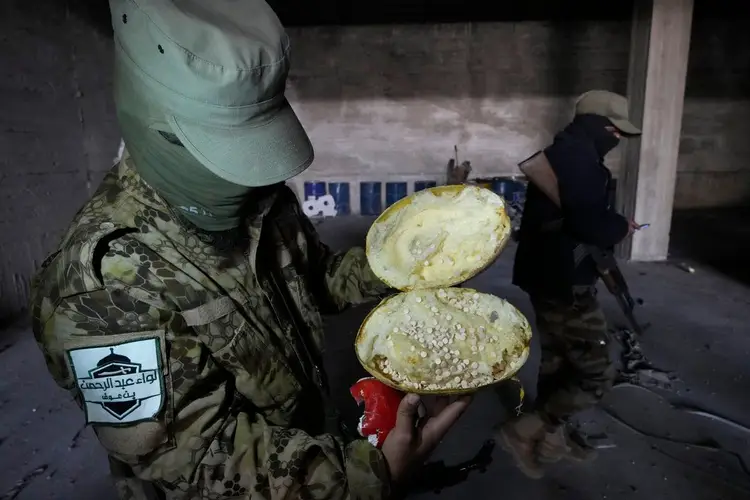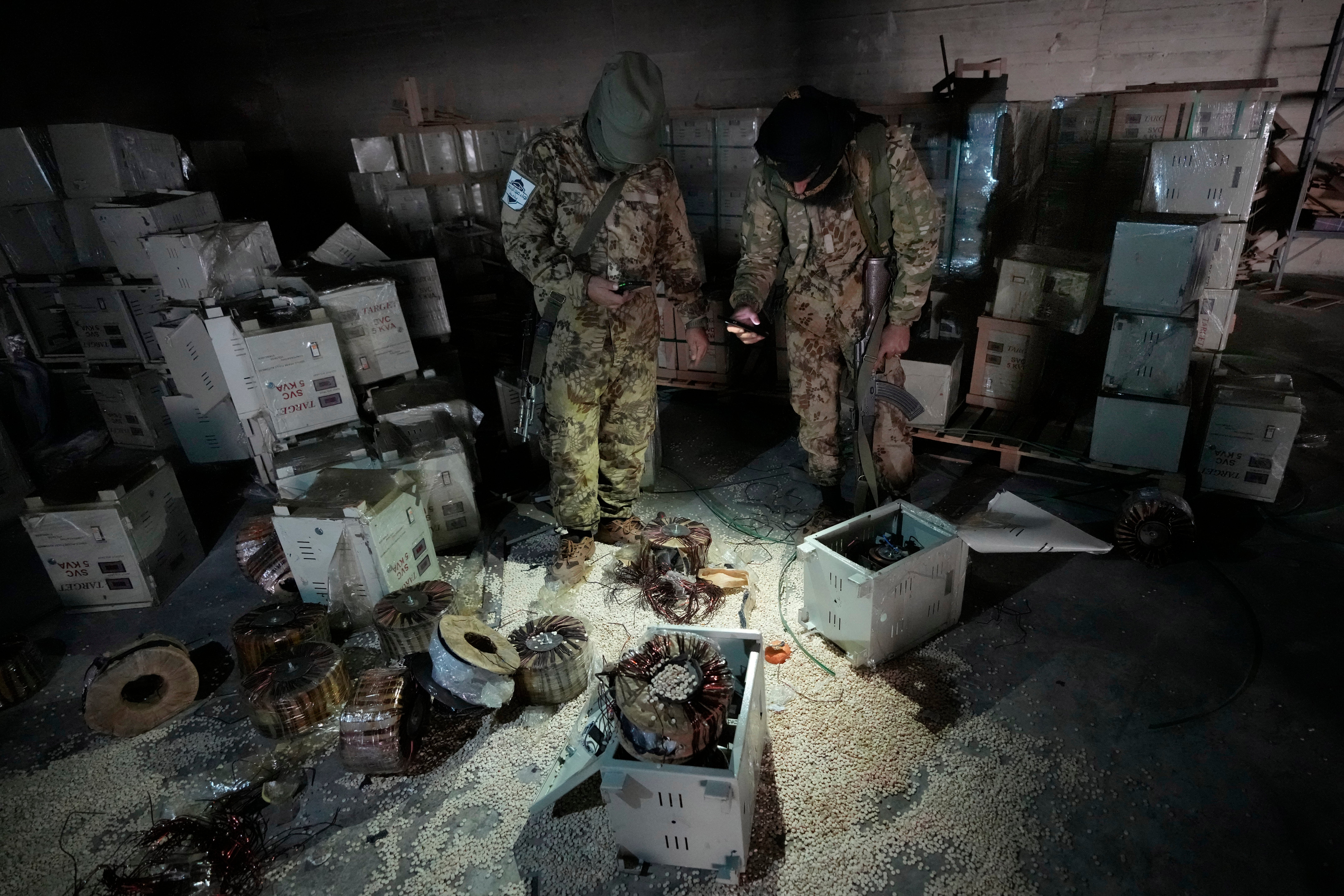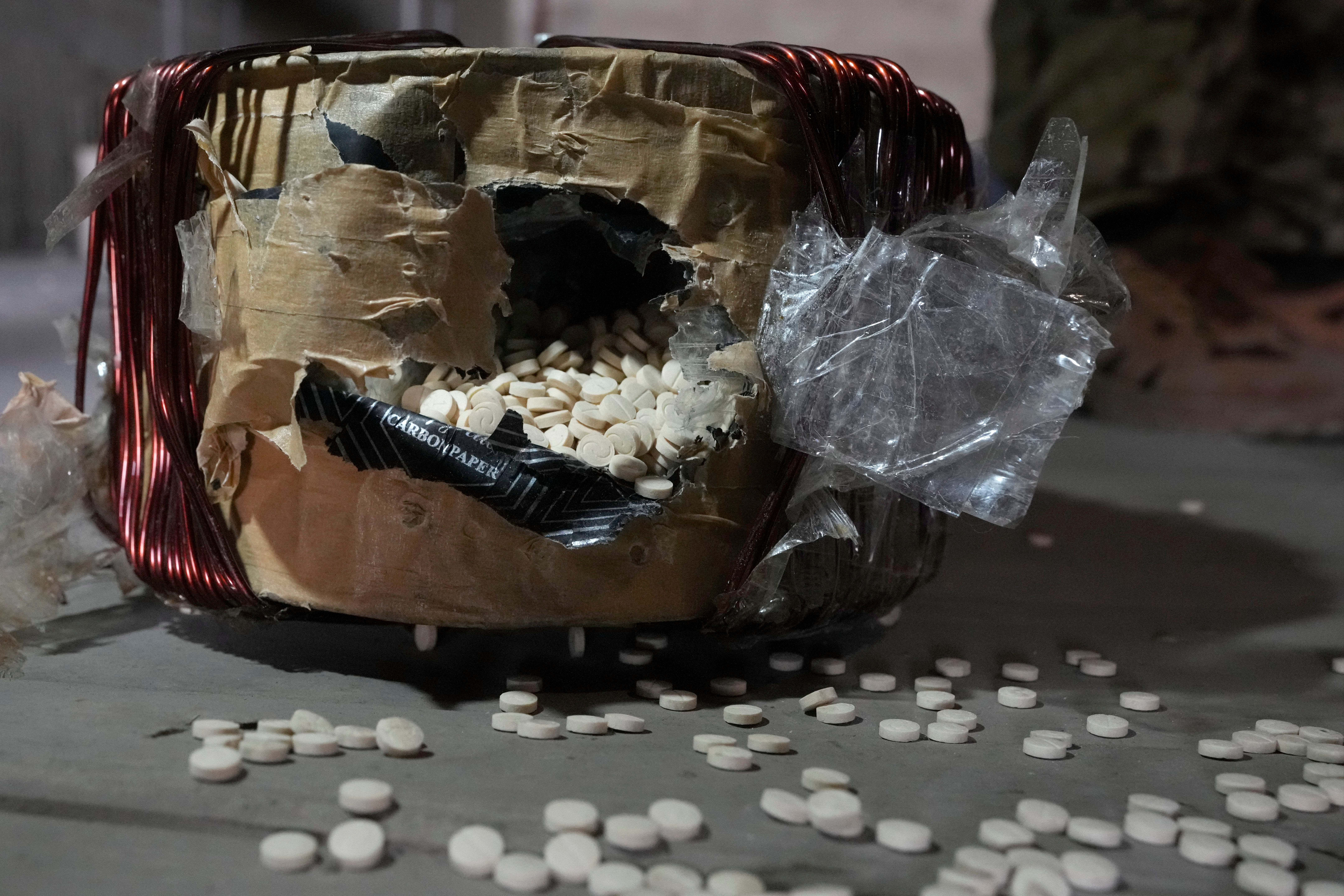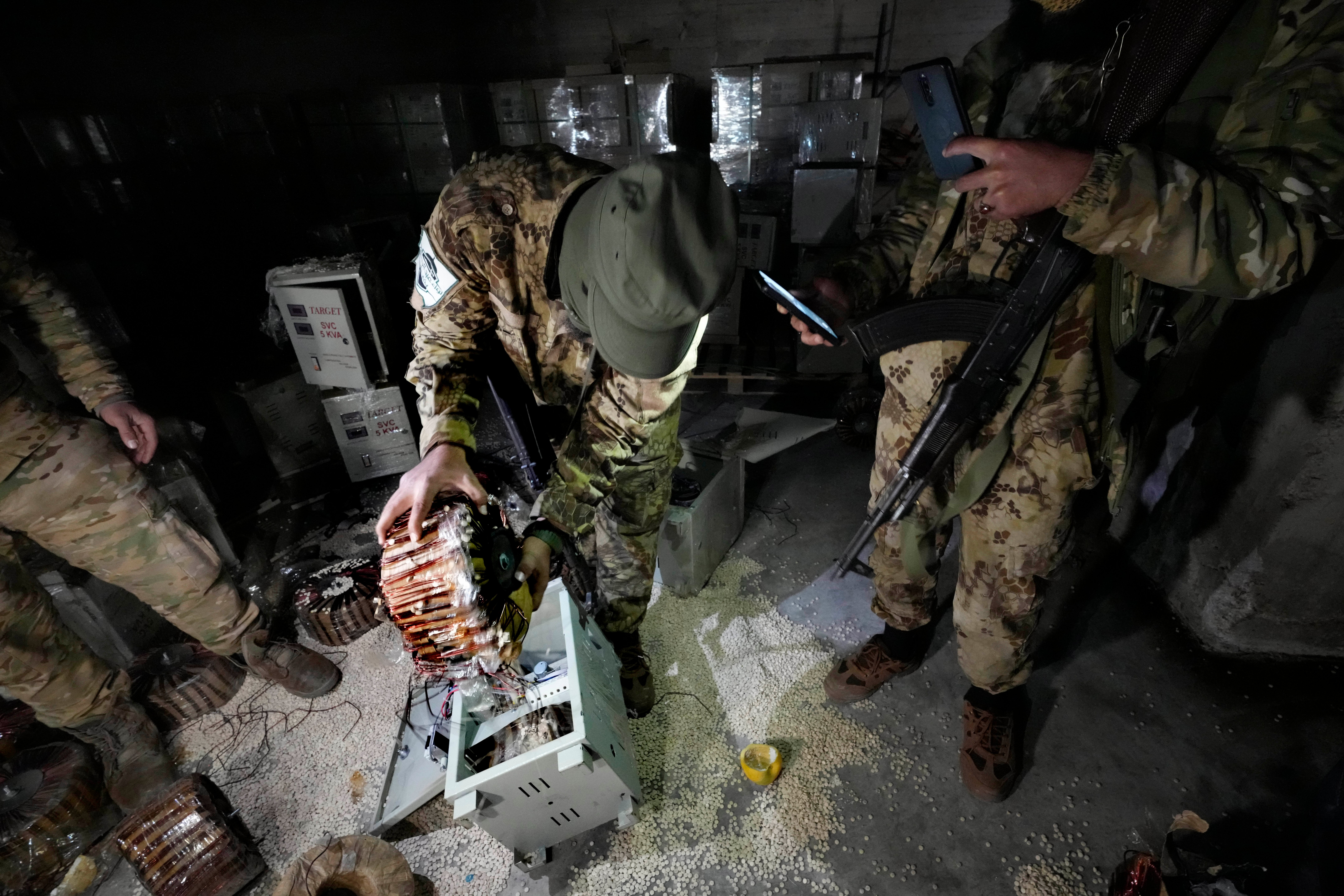Inside Assad’s Captagon drug-smuggling empire and how it funded brutal Syrian regime

Sign Up For Free Real-Time News Alerts!
Subscribe To Our Free News Alerts
Subscribe For Free Breaking News Alerts
I want to receive emails about promotions, events, and news from The Independent. Please take a look at our privacy policy.

As the remnants of Bashar al-Assad's fallen Syrian dictatorship come to rest, the reality of a vast drug trafficking network, thought to have generated immense wealth for the old regime, is starting to emerge from the ruins.
The Assad family has faced accusations from Washington and other global players for making a profit from the manufacture and distribution of captagon, a highly addictive stimulant resembling amphetamines. This drug has gained popularity throughout the Middle East and has been referred to as the "poor man's cocaine."
The government has consistently rejected any connections to the worldwide captagon market, which experts estimate to be worth billions annually. Initially developed in Germany during the 1960s to treat attention deficit disorders and narcolepsy, this stimulant has gained significant popularity throughout the Middle East over the last ten years.
Although it was no longer officially available, a illegal version of the drug, often referred to as "poor man's cocaine," kept being manufactured in Eastern Europe and later in the Arab region. This substance gained significant attention during the unrest in Syria that began with anti-government demonstrations in 2011.
It delays the feelings of tiredness and hunger. Many nations, including the U.S., have prohibited its use due to potential negative effects. Its widespread availability has resulted in an increase in substance abuse in Gulf Arab countries.

With the Assad family removed from power after a swift uprising led by the former al-Qaeda group Hayat Tahrir al-Sham (HTS), the extent of the captagon trade is now coming to light.
In the city of Douma, located 10 kilometers northeast of Damascus, the capital of Syria, rebels have discovered warehouses filled with thousands of captagon pills in areas that were previously under the control of the Assad regime and its allies. Experts suggest that this facility could be one of the largest captagon production sites ever found.
Tablets were discovered concealed within furniture, inside fruits, among decorative stones, and within voltage stabilizers. A significant number of these tablets bore a double crescent emblem, identifying them as captagon pills.
Inside the warehouse, authorities discovered a pill-press and numerous barrels containing the different chemicals needed to manufacture captagon. These chemicals originated from a range of countries, including the UK, China, and India.
According to Caroline Rose, who leads the Captagon Trade Project at the New Lines Institute in New York, Syria's leadership generates an annual profit of approximately $2.4 billion from the production of captagon. An investigation conducted by the AFP news agency revealed that captagon has emerged as Syria's most significant export, far surpassing its legal industries.

Ms. Rose, who monitors all publicly documented captagon confiscations and laboratory raids, indicated that the location seemed to be one of the largest captagon production facilities discovered so far.
She mentioned that it is highly likely to be the largest one that has been found in areas controlled by the regime in Syria.
In the previous year, the US Treasury imposed sanctions on several Syrians linked to the Assad government due to their suspected participation in the captagon trade.
The Treasury stated that the Syrian government and its partners have turned to producing and selling captagon as a way to earn foreign currency, which some estimate could be worth billions of dollars.
The sanctions included two of Bashar al-Assad's cousins and Khalid Qaddour, a close ally of Maher al-Assad, Bashar's brother. Qaddour has been identified as a significant figure in the production and distribution of captagon in Syria, playing a crucial role in the drug trade.
Since Assad's downfall, rebel fighters have reported discovering multiple locations throughout the country where the drug was manufactured and processed for distribution.
At times, they have ignited the pills or disposed of them in drains, as seen in videos posted online by related accounts.
Ms. Rose mentioned that her organization monitors all publicly reported confiscations of captagon and raids on laboratories.
"Prior to the collapse of the regime, there were no recorded instances of laboratories being taken over in areas controlled by the regime," she stated.
During a speech to his supporters at the Umayyad Mosque in Damascus, rebel leader Abu Mohammad al-Golani stated, as reported by AFP, "Syria is now the largest producer of Captagon in the world, and with God's help, Syria will be cleansed."
This report includes contributions from Reuters.









































